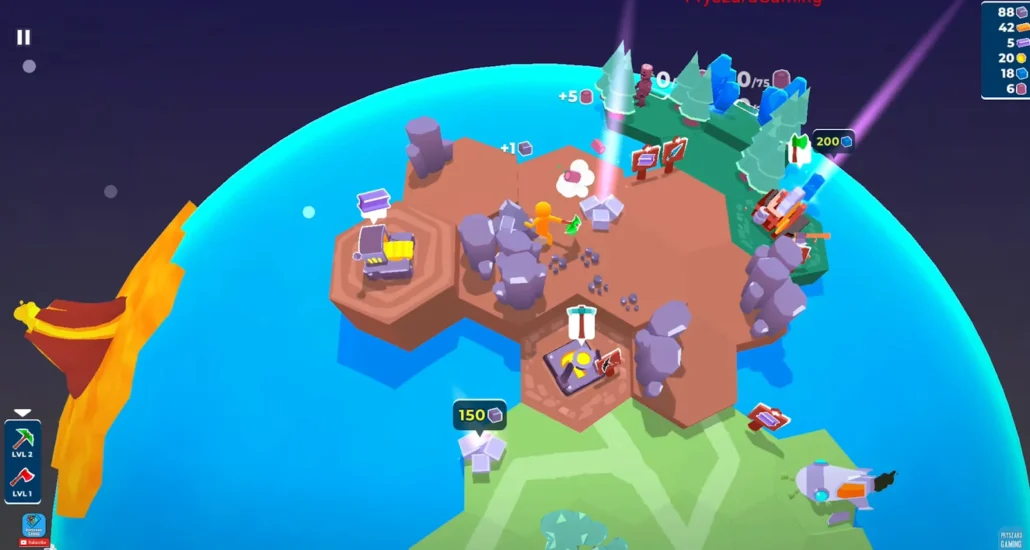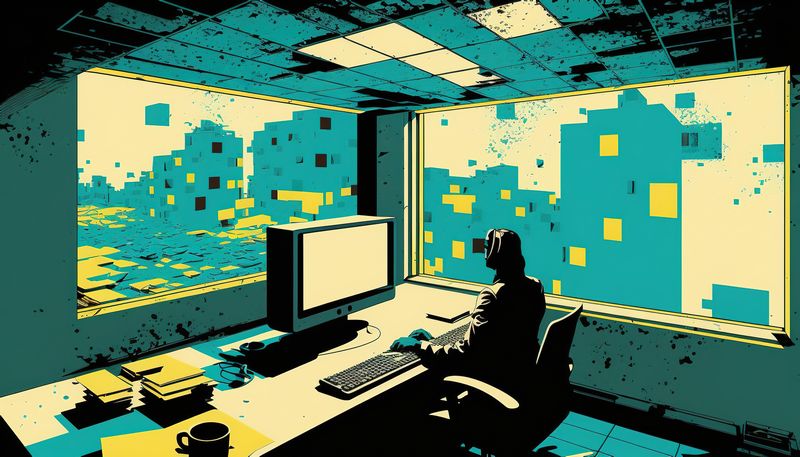
Video games have come a long way since the days of simple pixelated graphics and basic gameplay mechanics. Today’s games are incredibly immersive experiences that can transport players to distant worlds, challenge their problem-solving skills, and even teach valuable life lessons. One key area where games excel in teaching is resource management.
Resource management is a crucial skill in both the virtual and real world. It involves making decisions about how to allocate limited resources efficiently to achieve specific goals. In games, players are often tasked with managing resources such as in-game currency, health points, ammunition, building materials, and more. While the concept of resource management may sound mundane and unexciting, games have a unique way of making it not only fun but also intuitive to learn.
One of the ways games teach resource management is through the use of in-game currencies. In many games, players are given a limited amount of virtual currency that they can use to purchase items, upgrades, or abilities. Players must carefully consider how to spend their currency to maximize their chances of success. Should they invest in a powerful weapon that will help them in combat, or save their money to purchase a health potion that could save their life in a dire situation? These decisions may seem small in the context of a game, but they mirror the real-world choices we make every day when managing our finances.
Another common resource in games is health points. In many action or role-playing games, players have a finite amount of health that depletes as they take damage from enemies or environmental hazards. Players must constantly monitor their health and decide when to use healing items or abilities to replenish it. This teaches players the importance of balancing risk and reward, as well as the value of strategic planning.
Games also often feature limited supplies of ammunition, building materials, or other consumable resources that players must manage carefully. In survival games like Minecraft or Terraria, players must gather resources from the environment, craft tools and weapons, build shelter, and fend off enemies. This requires players to think ahead, prioritize their needs, and make tough choices about how to best use their resources to survive and thrive in the game world.

One of the reasons games are so effective at teaching resource management is their interactive nature. Players are actively involved in making decisions and seeing the consequences of those decisions play out in real-time. This hands-on approach to learning allows players to experiment, fail, and try again without real-world consequences. By experiencing the direct impact of their choices, players can quickly learn what works and what doesn’t when it comes to managing resources effectively.
Games also often provide feedback to players on their resource management skills. For example, a game might reward players for making efficient use of their resources by granting them bonus items or unlocking new gameplay opportunities. Alternatively, a game might punish players for wasteful or careless resource management by making the game more difficult or limiting their progress. This feedback loop reinforces good resource management habits and encourages players to think strategically about their decisions.
In addition to teaching resource management through gameplay mechanics, games also often incorporate resource management into their storylines and narratives. For example, in strategy games like Civilization or Age of Empires, players must manage resources such as food reddit best minecraft server host, gold, and population in order to build and expand their civilizations. These games challenge players to think on a macro level, considering long-term goals and consequences of their actions.
Furthermore, games can teach resource management skills in a more subtle way through their level design and mechanics. For example, platformer games like Super Mario Bros. or Celeste often require players to plan their movements and jumps carefully in order to reach the end of the level. By learning to anticipate obstacles, conserve energy, and make efficient use of their resources, players can improve their chances of success in the game.
Overall, games have a unique ability to teach resource management intuitively through their interactive nature, feedback mechanisms, and incorporation of resource management into their gameplay, storylines, and level design. By playing games that require resource management skills, players can develop valuable abilities that can be applied to real-world scenarios such as budgeting, time management, and decision-making. So next time you sit down to play your favorite game, take a moment to consider the resource management lessons it might be teaching you along the way.

